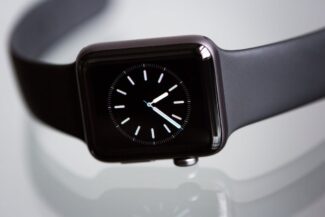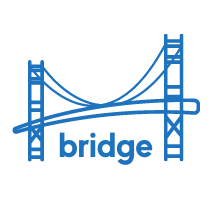Ever have middle-aged or older clients tell you they have memory problems or believe they may have early onset dementia? So how can we tell if what they are experiencing is because of early-onset cognitive problems or something else? Luckily, the new tablet version of the Montreal Cognitive Assessment (aka “MoCA”) provides a therapist resource that can help shine light on treatment options.
Early-onset Alzheimer’s Disease and other early-onset dementias related to age are actually very rare. Memory and attention difficulties may actually relate to clients’ reasons for coming to therapy. That is, many non-ADHD mental health difficulties negatively impact attention and memory (e.g., anxiety, depression, PTSD, and others).
The MoCA is a brief screening measure that tests one’s ability to respond to multiple types of cognitive tasks. Examples include finding trails between pinpointed locations, recalling and reordering digits, and remembering from lists of words. (The last is similar to the famous example of former President Trump boasting his ability to recall a list of words.) Scores on those tasks are added together to determine a cut-off score for cognitive difficulties.
The release of the tablet version of the MoCA makes it easy for any clinician to help recognize whether general cognitive difficulties are present. This test is a screen and is not able to identify specific difficulties (e.g., ADHD or Alzheimer’s). But it can indicate whether to refer for neuropsychological testing or to a neurologist. This can go a long way for revealing a client’s most effective care options and support services.
Pros: Previously the MoCA test required specialized training. That training is probably still very helpful. But the new tablet MoCA program boasts the ability to provide scoring without training. It is also relatively quick to conduct (usually ~5-10 minutes). Clients can easily undergo testing in a waiting room and not eat into therapy time. And it’s free!
Limits: The MoCA is a screening measure. It can really just reveal whether there are general cognitive impacts, but not what is specifically occuring. It can only subtly suggest a few possibilities for specific difficulties (e.g., memory recall). Further in-depth cognitive testing is needed to know why a score is below cut-off. The test itself therefore cannot point to any specific diagnosis (e.g., it cannot provide a score that represents likelihood of ADHD)
The MoCA cannot tell us everything, but it can help effectively direct the course of treatment. To stay the course with therapy or to add cognitive assessment to a treatment plan: More tools rules!









